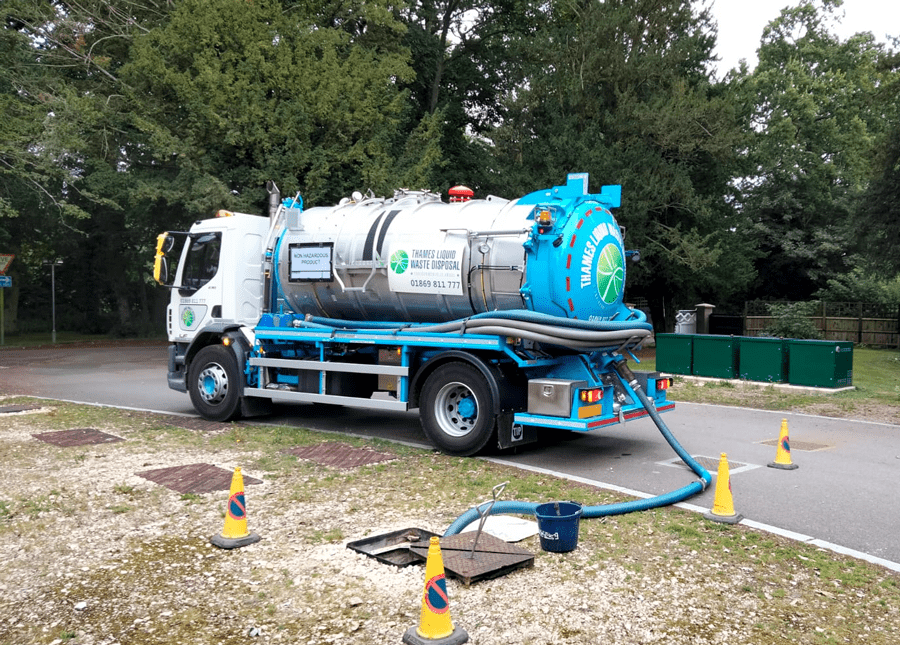Little Known Questions About Reclaim Waste.
Little Known Questions About Reclaim Waste.
Blog Article
The Ultimate Guide To Reclaim Waste
Table of ContentsThings about Reclaim WasteAn Unbiased View of Reclaim WasteThe Facts About Reclaim Waste Revealed9 Simple Techniques For Reclaim WasteTop Guidelines Of Reclaim Waste
Residential sewer waste refers to the waste and items from a residential septic storage tank. The correct administration and disposal of domestic sewage waste call for liquid waste to be transferred to a sewer treatment plant where the correct approaches and equipment are used to purify and dispose of waste.
Business waste typically consists of possible risks, such as combustible products or a combination of fluid and solid waste products, and calls for a more sophisticated and in-depth disposal process. The disposal of commercial waste normally includes the purification of waste prior to transportation to guarantee secure and appropriate disposal. Hazardous waste is produced from byproducts and runoff of commercial processes and manufacturing.
This kind of waste can not make use of the exact same sewage administration transportation or processes as septic or commercial fluids. The hazardous waste management process needs the assessment and screening of fluid waste before it undertakes the disposal process (liquid waste removal melbourne). Overflow waste is the fluid waste that comes from overflow and excess stormwater in extremely booming areas or cities
Runoff waste can cause contamination and flooding otherwise managed appropriately. Learn extra regarding sewage system cleaning and waste management. Ensuring correct waste monitoring can stop calamities and minimize environmental damage. Both individuals in domestic settings and professionals in industrial or manufacturing sectors can benefit from recognizing the processes and regulations of fluid waste monitoring.
The 3-Minute Rule for Reclaim Waste
Call PROS Solutions today to learn more about our waste monitoring and disposal services and the appropriate methods to take care of the liquid waste you create.
(https://www.twitch.tv/reclaimwaste1/about)Do you know what takes place to your water when you end, purge the toilet or drain the cleaning machine? No? Well, it deserves understanding. This so-called 'wastewater' is not only a crucial source yet, after treatment, will be launched to our land, rivers or the ocean. Utilized water from commodes, showers, baths, kitchen sinks, washings and commercial processes is understood as wastewater.

water made use of to cool down machinery or tidy plant and tools). Stormwater, a type of wastewater, is runoff that flows from agricultural and metropolitan locations such as roofings, parks, gardens, roadways, paths and rain gutters into stormwater drains pipes, after rain. Stormwater moves without treatment directly to neighborhood creeks or rivers, at some point reaching the sea.
Reclaim Waste for Beginners
In Queensland, the majority of wastewater is treated at sewage therapy plants. Wastewater is transported from residential or commercial websites via a system of sewage systems and pump stations, called sewage reticulation, to a sewage treatment plant. Neighborhood federal governments build, maintain and operate most sewage therapy plants. Operators are licensed under the Environmental Management Act 1994 to release treated wastewater at an acceptable ecological criterion right into waterways.
The Department of Natural Resources recommends neighborhood governments concerning handling, operating and keeping sewerage systems and treatment plants. In unsewered locations, city governments may require owners to set up specific or family sewer therapy systems to treat domestic wastewater from commodes, kitchens, washrooms and washings. The Department of Natural Resources authorises the usage of house systems when they are verified to be effective.
In some brand-new communities, therapy of some stormwater to eliminate browse around this web-site clutter, sand and gravel has actually begun making use of gross contaminant traps. Wastewater treatment happens in 4 stages: Removes strong issue.
Wastewater after that moves right into large tanks where solids clear up and are removed as sludge. Grease and residue are skimmed from the surface area. Uses small living microorganisms understands as micro-organisms to damage down and eliminate staying dissolved wastes and great particles. Micro-organisms and wastes are incorporated in the sludge. Gets rid of nitrogen and phosphorus nutrients that could trigger algal blooms in our rivers and intimidate aquatic life.
Reclaim Waste for Dummies
Nutrient elimination is not available at all sewer treatment plants since it calls for pricey specialist equipment. Clear liquid effluent generated after therapy may still have disease-causing micro-organisms - liquid waste removal.

A lot of wastewater flows right into the sewage system. Under the Act, regional governments provide authorizations and licences for eco relevant activities (ERAs) including wastewater launches that may have a regional impact.
Reclaim Waste for Dummies
Surveillance gives accurate details regarding water top quality and can confirm that licence problems are being fulfilled. The info gotten with monitoring offers the basis for making water high quality choices.
Report this page